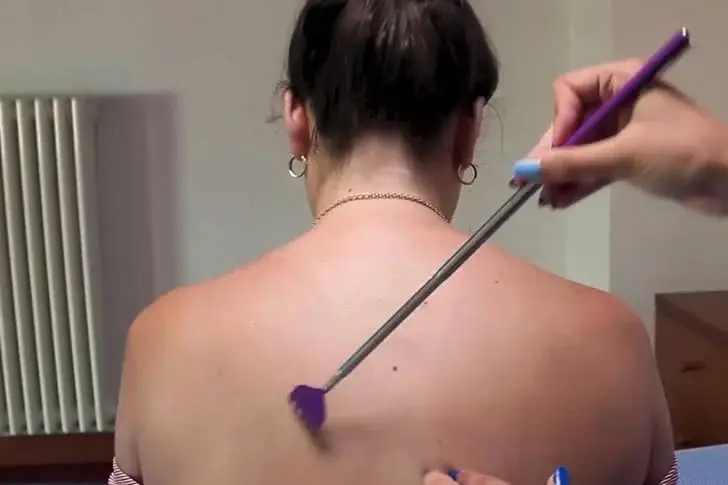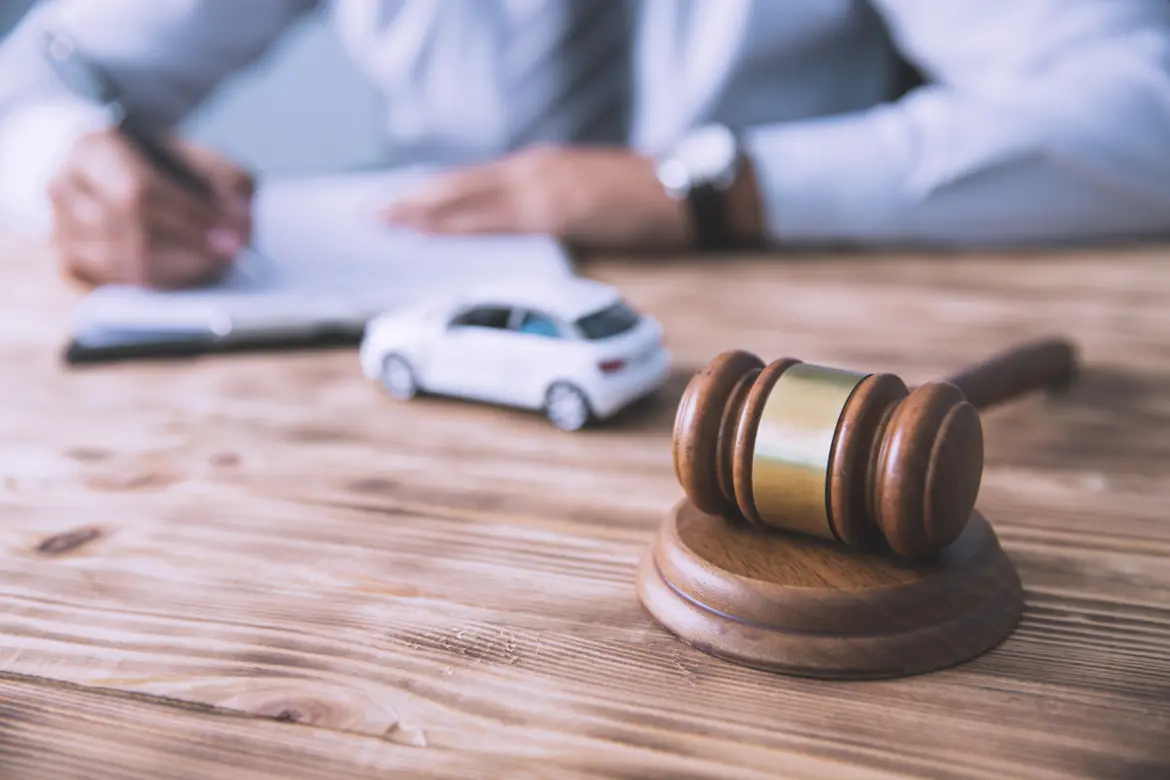Experiencing a boating accident can be a traumatic event, leaving victims with physical injuries and emotional distress. In the aftermath, navigating the legal landscape can be overwhelming. This guide outlines the crucial steps to take if you find yourself in this unfortunate situation, offering insights into how to seek legal help effectively.
1. Ensure Safety and Seek Medical Attention
Your immediate priority after a boating accident should be ensuring the safety of everyone involved. Check for injuries, and if anyone is hurt, call emergency services right away. Even if injuries seem minor, it's wise to have a medical professional evaluate everyone involved, as some injuries may not be immediately apparent.
2. Document the Incident
- Names and contact information of all parties involved
- Witness statements and contact information
- Photos of the accident scene, including any damage to vessels
- Weather conditions and any relevant environmental factors
- Boating registration numbers and insurance details
All of this information can be crucial for any future legal claims or insurance processes.
3. Contact Law Enforcement
In most states, it is mandatory to report boating accidents to local law enforcement, especially if there are injuries or significant damage. Law enforcement will create an official report, which can serve as critical evidence in your case. Ensure you obtain a copy of this report for your records.
4. Notify Your Insurance Company
Inform your insurance provider about the accident as soon as possible. Provide them with all the necessary details and documentation you have collected. Failing to report the accident promptly can affect your coverage. Be cautious when discussing the incident, as anything you say could be used against you later.
5. Consult a Boating Accident Attorney
One of the most important steps you can take is to seek the advice of a qualified boating accident attorney. They can help you understand your rights and the legal options available to you. Here are some benefits of hiring an attorney:
- Expertise in maritime law: Boating accidents often involve specific laws and regulations.
- Negotiation skills: An attorney can negotiate with insurance companies on your behalf.
- Evidence gathering: Attorneys know what evidence is necessary to build a strong case.
- Litigation experience: If your case goes to court, having an experienced attorney can be invaluable.
6. Understand Your Legal Options
Your attorney will help you understand what type of legal action you can take. Some potential options include:
- Personal injury claims: If you were injured due to someone else's negligence.
- Property damage claims: If your boat or property was damaged in the accident.
- Wrongful death claims: If a loved one died as a result of the accident.
7. Be Mindful of Statutes of Limitations
Each state has specific deadlines, known as statutes of limitations, for filing legal claims. It’s crucial to be aware of these timelines to avoid losing your right to seek compensation. A boating accident attorney can provide guidance on these deadlines based on your situation and location.
8. Prepare for Possible Outcomes
Once your attorney has assessed your case, they will help you prepare for the potential outcomes. This could involve settling with the insurance company or taking the case to court. Your attorney will help you understand the pros and cons of each option and guide you toward the best course of action.
9. Stay Organized and Keep Records
Throughout the process, keep all documentation organized. This includes medical records, correspondence with insurance companies, and any legal documents. Staying organized will help your attorney build a stronger case and ensure you receive the compensation you deserve.
Chart: Key Steps After a Boating Accident
| Step | Action Required |
|---|---|
| Ensure Safety | Check for injuries and call for medical assistance. |
| Document Incident | Gather information and evidence about the accident. |
| Contact Law Enforcement | Report the accident and obtain a police report. |
| Notify Insurance | Report the accident to your insurance company. |
| Consult Attorney | Seek legal advice from a boating accident attorney. |
| Understand Legal Options | Discuss possible legal actions with your attorney. |
| Be Mindful of Deadlines | Avoid missing statutes of limitations. |
| Prepare for Outcomes | Discuss potential settlement or litigation options. |
| Stay Organized | Keep all documents and communications related to the accident. |
In conclusion, dealing with the aftermath of a boating accident can be challenging, but knowing the steps to take can help you navigate this difficult time. Remember to prioritize safety, document everything, and consult a boating accident attorney to ensure you receive the compensation you deserve. Your well-being rests on taking informed and timely actions after such an incident.









